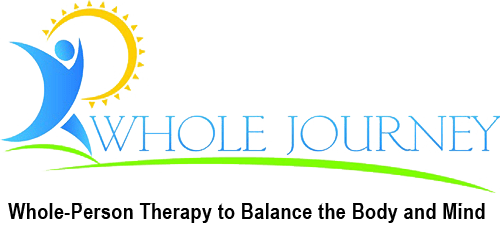Honoring Black History Month & Mental Health

Honoring Black History Month & Mental Health

This month is about celebrating the many contributions of African Americans in the United States. It is about recognizing how far Black Americans have come throughout history and highlighting areas that still need work. One of those areas is mental health. Did you know Black adults in the U.S. are more likely to struggle with mental health? Black adults report more persistent symptoms of emotional distress, such as sadness, hopelessness, and feeling like everything is an effort than White adults (Health and Human Services Office of Minority Health). Yet, despite the need, only one in three Black adults who could benefit from mental health care, such as counseling or therapy services, receive it.
That is only 33 %
Black Americans are also (according to the American Psychiatric Association):
-Less likely to receive guideline-consistent care for mental health
-Less frequently included in mental health research
-More likely to use emergency rooms or primary care, rather than counselors or therapists
How Can You Help?
Recognize Symptoms
Symptoms of mental distress can include:
Feeling sad or down.
Confused thinking or reduced ability to concentrate.
Excessive fears or worries, or extreme feelings of guilt.
Extreme mood changes of highs and lows.
Withdrawal from friends and activities.
Significant tiredness, low energy, or problems sleeping.
And more…
Encourage Seeking Treatment
Everyone needs a safe space to truly be heard and supported. A counseling professional can help you understand your situation, teach coping skills, and support you throughout your mental health journey.
At Whole Journey, our counselors work with clients to develop an approach that is uniquely tailored to the specific person. No one person is the same, and we know that. We can help you to spend less time focused on the negative and can enable you to move forward with more of the life you want to live.
More about our treatment approaches…
Celebrate Recovery
It is not always easy to take that first step to get help with your mental health struggles. It is not always easy to encourage others to get the help they need. But, the benefits can be astronomical and truly life-changing.
What does mental health recovery look like? Being more confident and relaxed in your life, less stressed, calm, able to handle any situation thrown your way, having greater self-worth, and an increased ability to truly enjoy the precious life you have as it unfolds around you.
Crush The Stigma
The stigma attached to seeing a counselor or therapist can make it so many never receive the help they need. You don’t need to be afraid to get help. You are not alone in your struggles. You can live a happier, more fulfilling life. All it takes is that first step.
African Americans are More Likely to Suffer From:
Why?
- Black Americans are faced with more risk factors for mental illness, including economic disadvantage and exposure to violence
- There is a general lack of information regarding mental health disorders amongst families, peer groups, and faith groups, leading to significant stigma
- Due to historical, medical abuse of African-Americans, there is a reluctance, distrust, and inability to access and receive care
- There is bias, misdiagnosis, and inequality of care amongst medical and mental health providers
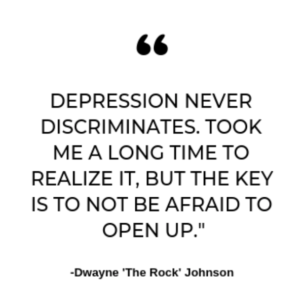
We would like to thank our African American therapists for their service in our communities. These counselors invest their hearts, time and energy to support and shape the lives of individuals and families daily. We are proud to have therapists who are reflective of our communities and willing to devote their careers to service in mental health.
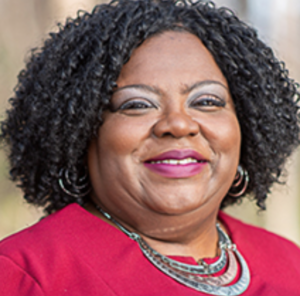
Meet LaSaun Dozier
Counselor, Virginia Beach & Chesapeake Offices
“Healing is a journey and you no longer have to be silent or walk through the process alone. I invite you allow your voice to be heard and begin to do the work to being the very best you possible. There is more ahead of you than behind you and you are worth it.”
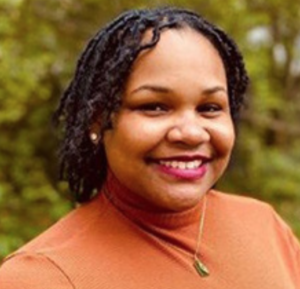
Meet Deidra Sledge
Counselor, Richmond Office
“What’s your story? It is my commitment to you to honor your story, help you find meaning in your story, and to move forward into a better chapter. It is my goal to help you and your family overcome difficult times. I realize the storms in our lives are sometimes out of our control, but it is how we get through the storms that matter the most.”
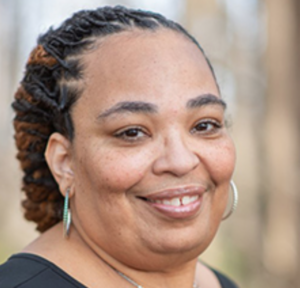
Meet Denise Simpson
Counselor, Chesapeake Office
“I want to help one become more secure, connected, emotionally stable, and balanced so one can live a healthy life. I want to help people live an “authentic life” so they can embrace who they truly are. Sometimes because of experience, we have to find out who we really are.”

Meet Nikissia Craig
CEO & Founder
“Each person is so unique, with strengths, skills, and talents that we build on during sessions. Whether my clients have lost themselves, never really knew who they were, or if they are dealing with a sudden life change, we can find a way to do more than just survive the “speed bumps” of life. No issue is too small or heavy to address with me. As a therapist, I hope that my clients refuse to settle for less than a whole life.”
A Word from our CEO
We are forever grateful to our clients, who trust us with their emotional and mental health care. As we celebrate the accomplishments of African Americans, I would also like to bring attention to an ongoing issue in our community, race-based trauma. For many people of color, the impact of systemic racism has resulted in race-based injury and trauma.
Racial trauma refers to the mental and emotional injury caused by encounters with racial bias and ethnic discrimination and hate crimes (mhanational.org). Common symptoms include but are not limited to: anxiety, depression, panic, overwhelm, irritability, self-criticism, chronic stress, difficulty concentrating and self-organizing, headaches, muscle tension, and gastrointestinal issues. One of the unique challenges for people of color is that this trauma is re-occurring over the course of their entire lives. Many people of color are survivors of this trauma and are often misdiagnosed or undiagnosed when they seek help.
At Whole Journey, we’re committed to having members of our team who are knowledgeable and competent to address the unique needs of people of color. Black History Month is a great time to reflect on our history and our futures. It’s one of my goals to see more attention brought to addressing the impact of race-based trauma in our families, schools, work, and throughout our lives. If you know of someone who is struggling with mental and emotional issues, encourage them to seek professional mental health support. If you are struggling with mental and emotional distress, consider trusting us with the mental health care you need. Our team is ready and willing to support you on your wellness journey. We truly are all in this together.
Warmly,
Nikissia Craig

